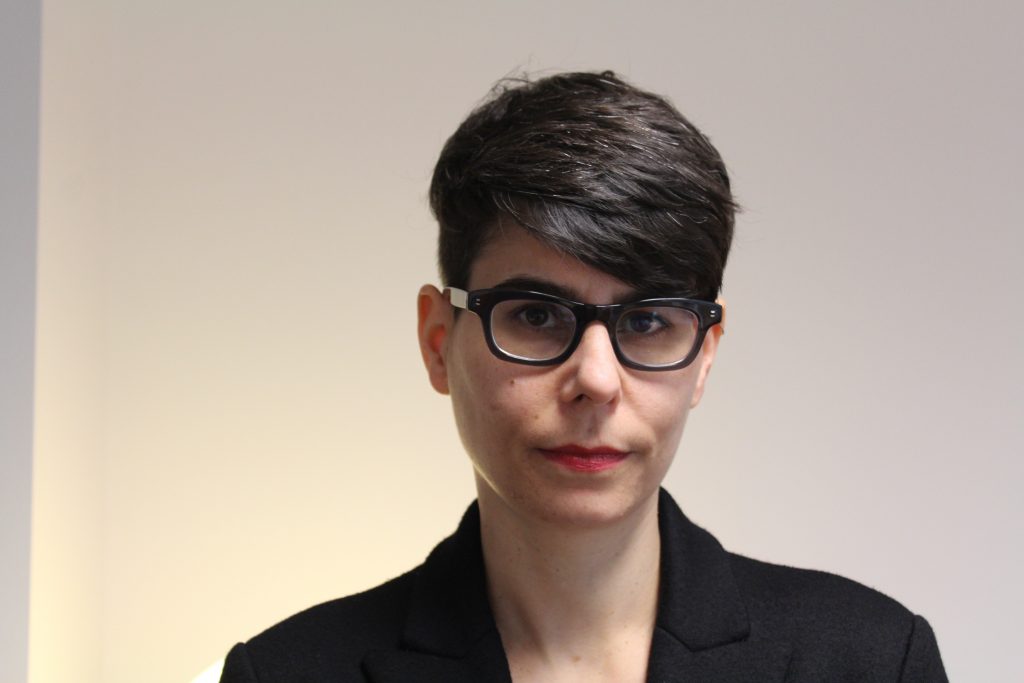Well, back when we were students, all the students did all the reading all the time.
You are, in any event, not alone in your suspicions.
As far back as the nineteenth century – and probably longer – professors have been carrying out a kind of pre-emptive mourning for the imminent death of the truly dedicated, completely undistracted reader of past days. Maybe this kind of nostalgic complaining has its uses; it sets a standard to which we can aspire; it reminds us that the reading we do is important, deserves attention.
But of course, that ideal dedicated reader never existed. Reading has its histories: people – including students – read differently and they read different kinds of texts over time. Students in the past didn’t do all the reading either; but the not-doing-the-reading of a student in the 1920s probably looked very different from the not-doing-the-reading of a student in the 1960s, and both might have been substantively different than in the present. And, of course, different kinds of students read – or don’t – in different ways; and different teachers feel differently about the reading and not-reading of different kinds of students.
So what do you do when this feeling rushes over you? Beyond ironically recognizing this feeling as part of your kinship to professors long-gone but still present?
You could ask how you think you know they didn’t do the reading. If it’s because nobody speaks up when you ask a question about the text, maybe that’s just pragmatism. If you don’t speak up, you can’t be wrong. Maybe they did the reading but they don’t understand it. Or they don’t know what you want them to say about it. If there is no evidence of having done the reading in the tests they take and the papers they write, maybe that’s about the test or the paper prompt as much as it is the reading. Ask us what’s in a less-important part of an important book we teach and we might flunk too.
Maybe they didn’t do the reading because there’s too much of it. Or because your class is one alongside three or four others and a job and a social life, and you don’t always rate.
Maybe your reading is just plain terrible! Maybe you don’t really use it enough in class and students know it doesn’t matter much. Maybe your reading is great but its greatness isn’t evident before you explain it to them. Maybe your reading was great but something’s changed in the world and young people today can’t relate to it.
Maybe they really are reading less or reading differently.
So what to do about it? Figure out what you’re dealing with. How can you do that? By radically detaching yourself from your assumptions about what’s going on. Be that intellectual! Do the intellectual thing. You can confirmation bias yourself into a lather any old time; professors are great at that. Instead, get some data, read some scholarship. Ask some students honestly what the deal is. Have a conversation with some students outside of class, or in class. Do some low-level ethnography.
Switch up the classes: read less, read differently. Do little response papers. Designate students as discussants or respondents. Read it again yourself with an alien brain: why exactly are you assigning this text? Did you choose it because it’s the obligatory choice? Because you love it? Because you don’t love it but you know it’s important? Because it’s work? Because it’s passion?
Be introspective: do you do the reading? All the time? Did you when you were a student? All the reading, all of the time? How did you do the reading? When did the reading do the work for you that you expect it to do for others? To what do you attribute your own uses of the reading, then and now?
Are you still reading this? If so, good luck.


